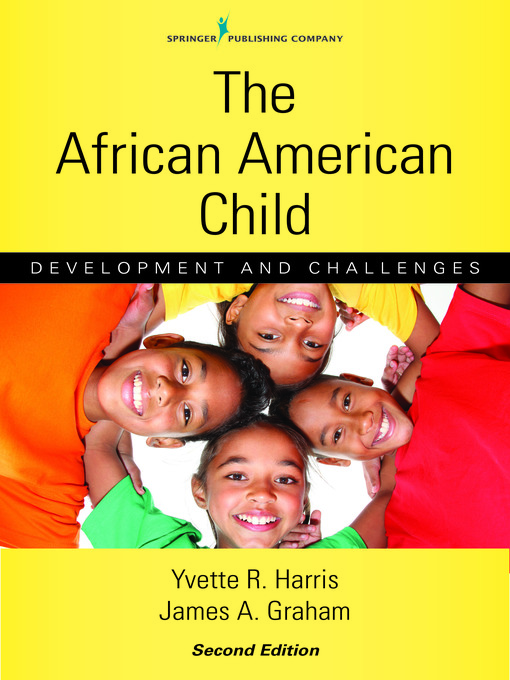Praise for the First Edition:
"This book argues convincingly that children's cultural differences need to be recognized for any accurate understanding of their development. Pointing out the need for additional and more effectively designed research, Harris and Graham provide a valuable foundation for further investigations. This nonpolemic book should be in all libraries, filling an unfortunate gap. Highly recommended."
—Choice
This is an evenhanded examination of the challenges affecting the lives of African American children that emphasizes their strengths and resiliency rather than deficits. It is the only text to comprehensively consider the biological, emotional, social, and cultural domains of development in this population. The second edition reflects an acceleration of research on the development of racial identity in African American children, a shift from the dictates of "No Child Left Behind" to a more flexible approach to student academic evaluation, and changes in the economic conditions of African American children and their families. The book also reflects the increase in the number of African American children in foster care and those with incarcerated parents. New coverage also includes new information about the mental health of African Americans, and a new chapter on adolescent development.
This new edition features updated statistical information on health problems, healthcare access, new diagnostic techniques, new treatment approaches, and the number of children of African origin. It provides an expanded discussion of the value of qualitative methodology, ethical issues in research, and a discussion of the characteristics of middle and upper class African American families. End-of-chapter discussion questions, an "Insiderís Voice" in each chapter that highlights important elements, and an "Issues Box" that highlights historic and legal issues also enhance the second edition.
New to the Second Edition:

